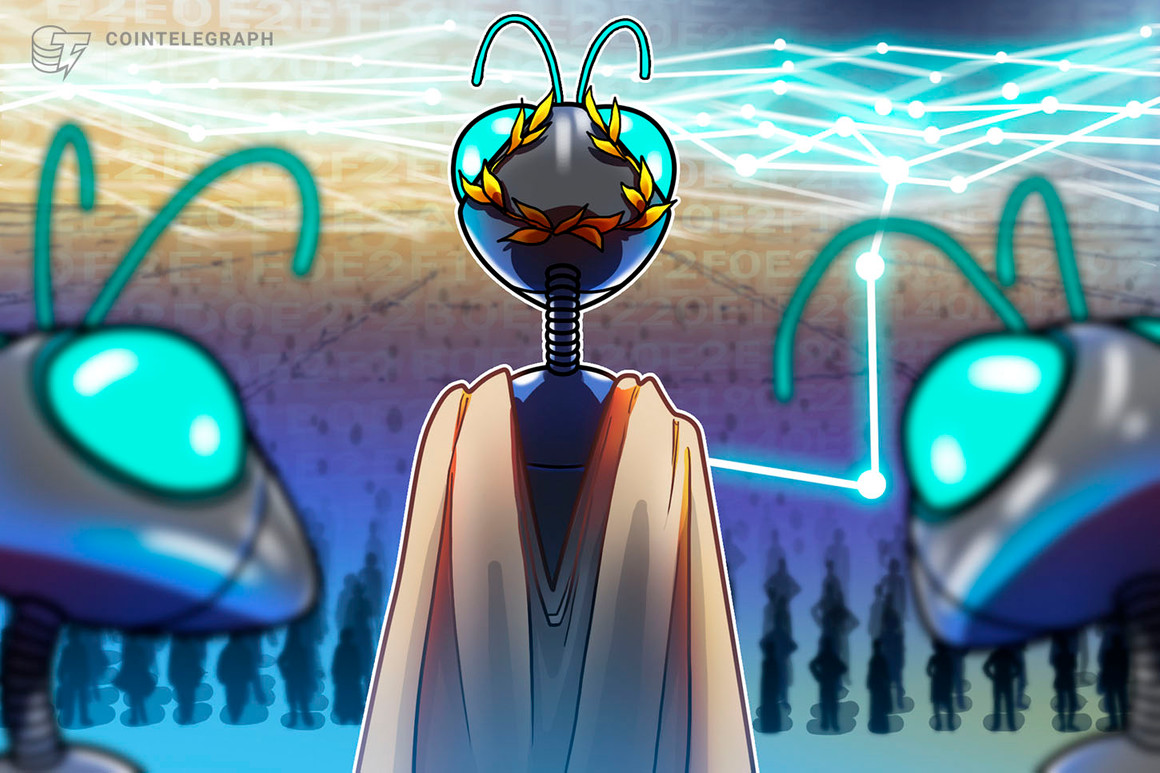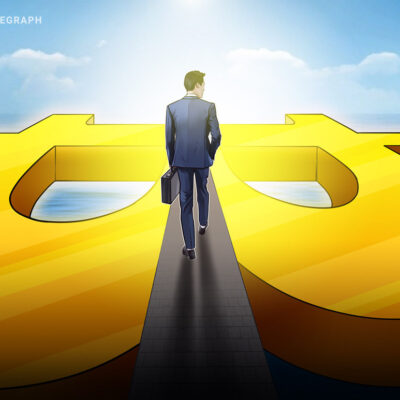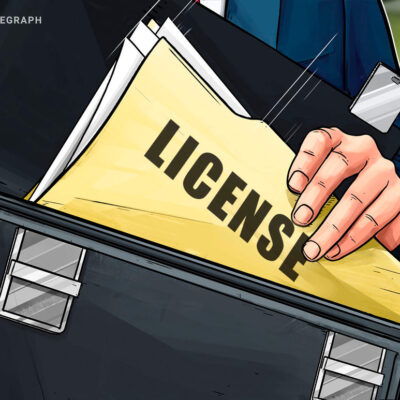Decentralized governance, a facet of decentralized autonomous organizations (DAOs), is perhaps the most valuable application smart contracts could bring to humanity. DAOs can be thought of as living organisms on the internet, entities that would function autonomously according to distributed consensus mechanisms.
Managed by a community through voting, DAOs are self-governing systems with a built-in treasury. Although they still depend on community members for certain tasks — offering an economic incentive from the liquidity pool in return — DAOs are almost entirely automated.
Despite their potential, DAOs do not rank among the most popular decentralized technologies. Perhaps their reputation hasn’t fully recovered from a 2016 hack: The first decentralized venture capital fund — known as “The DAO†— was compromised, causing the fork of the Ethereum blockchain and subsequent creation of Ethereum Classic (ETC).
But what many may not know is that the various yield farming protocols, nonfungible token platforms and decentralized exchanges we see today are dependent on DAOs for governance. A new breed of self-governing organizations is likely to take over in the upcoming decades, not only in business but also in the political sphere via decentralized parties.
Related: Decentralized technology can help protect democracy around the globe
DAOs: A bit of context
Decentralization is measured on a spectrum. Some maximalists suggest the decentralized governance of Bitcoin (BTC) itself is enough to be considered a DAO. However, the term wasn’t officially introduced until 2013 by Daniel Larimer and only came to fruition years later with Dash.
One of the most active DAOs today, Dash was the first protocol to establish decision-making on top of a blockchain consensus protocol. Back in 2015, the Dash Foundation decided to create a pool consisting of 10% of the mining rewards to foster the growth of the network.
Even though there are now several forms of decentralized governance, DAOs are mainly used to vote on protocol upgrades and the allocation of pool funds. They have yet to step out of the crypto bubble and transform the decision-making process in the real world. That is where the real potential of DAOs lies, in making democracy not only fairer but also more flexible and efficient.
Last month, a ground-breaking new law was passed in Wyoming, effectively recognizing DAOs as limited liability corporations (LLCs). As regulation catches up to technology, we may see these LLC DAOs progressively introduce decentralization into businesses and organizations.
Disrupting the political system
Political decentralization is the only way citizens can have a definitive say in the governance of their communities and lives. The desire for change in the political landscape is palpable and reflected in the growing voter absenteeism in many nations. Though decentralized parties will initially lack political influence, the craving for empowering technologies and purer forms of democracy will stimulate adoption over time.
The elimination of centralized power authorities would help protect citizens from government overreach and corruption, reduce bureaucracy and improve the speed at which laws and policies are passed.
We can use blockchain technology to help improve the voting process. Blockchain voting systems are currently being tested by several nations worldwide and have already been used in the United States: in West Virginia during the 2018 midterm elections and in Utah during the 2020 presidential election.
Related: Blockchain voting is the alternative for trusted democratic elections
Is decentralization of power the future?
But what if distributed ledger technologies could do more than just improve voting systems? What if they could elevate democracy to a new level, creating a self-governance system where everyone would have a say?
That is the dormant potential of decentralized parties: to take down the hierarchical structure and bring a paradigm shift to the political system.
The views, thoughts and opinions expressed here are the author’s alone and do not necessarily reflect or represent the views and opinions of Cointelegraph.
Andrey Sergeenkov is an independent researcher, analyst and writer in the cryptocurrency space. As a firm supporter of blockchain technology and a decentralized world, he believes that the world craves such decentralization in government, society and business. He is the founder of BTC Peers, an independent media outlet.






